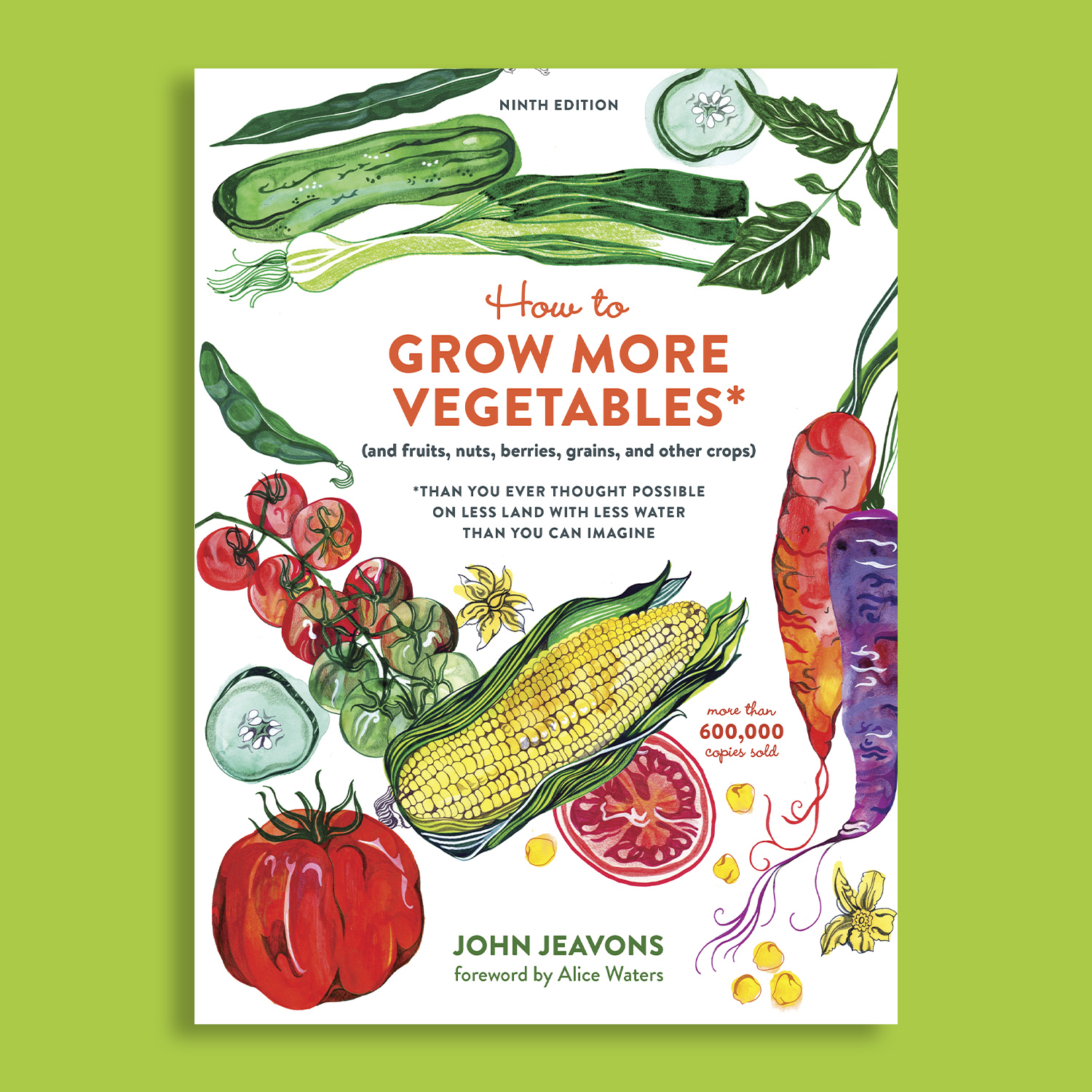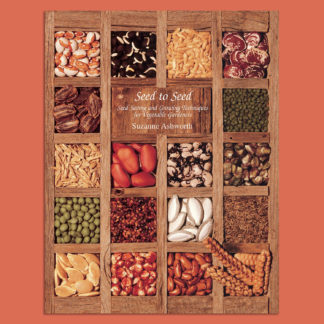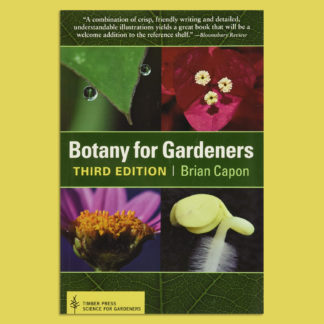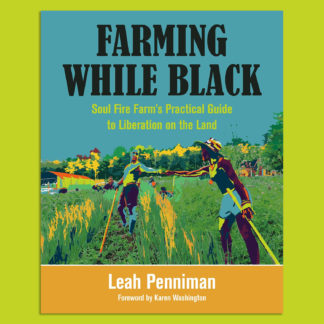How to Grow More Vegetables, Ninth Edition
$22.00
(and Fruits, Nuts, Berries, Grains, and Other Crops) Than You Ever Thought Possible on Less Land with Less Water Than You Can Imagine
by John Jeavons (Author), Alice Waters (Foreword)
“Possibly the most detailed explanation of the intensive gardening method available.”
—New York Times
“John’s methods are nothing short of miraculous.”
—Alice Waters, author, Slow Food crusader, and founder of Chez Panisse
“There are two kinds of vegetable gardeners–those who garden in beds of some kind and for whom this is the ultimate foundation book, a must-read, and an essential reference. Then there are those who don’t garden in beds, for whom it’s still a must-read and an essential reference. The full title…actually understates the contents. The book is about how to grow pretty nearly all your food and your garden’s fertilizer on a modest amount of land.”
—Carol Deppe, author of The Resilient Gardener: Food Production and Self-Reliance in Uncertain Times
“A masterpiece.”
—Alan Chadwick, master horticulturist
The world’s leading resource on biointensive, sustainable, high-yield organic gardening is thoroughly updated throughout, with new sections on using 12 percent less water and increasing compost power.
Long before it was a trend, How to Grow More Vegetables brought backyard ecosystems to life for the home gardener by demonstrating sustainable growing methods for spectacular organic produce on a small but intensive scale. How to Grow More Vegetables has become the go-to reference for food growers at every level, whether home gardeners dedicated to nurturing backyard edibles with minimal water in maximum harmony with nature’s cycles, or a small-scale commercial producer interested in optimizing soil fertility and increasing plant productivity. In the ninth edition, author John Jeavons has revised and updated each chapter, including new sections on using less water and increasing compost power.
Paperback | 264 pages | Ten Speed Press; 9th edition | 2017
John Jeavons is the director of Ecology Action, an environmental research and education organization that has been working to revolutionize small-scale food production through biointensive growing around the world since 1972. To learn more, visit growbiointensive.org.





